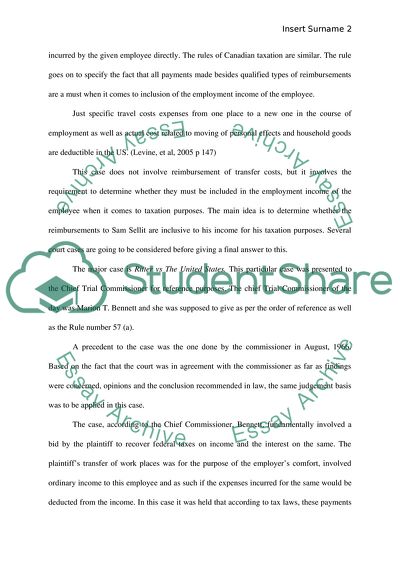Cite this document
(“Taxation of Employees Expenses Reimbursements Research Paper”, n.d.)
Taxation of Employees Expenses Reimbursements Research Paper. Retrieved from https://studentshare.org/finance-accounting/1729998-tax-research-memo
Taxation of Employees Expenses Reimbursements Research Paper. Retrieved from https://studentshare.org/finance-accounting/1729998-tax-research-memo
(Taxation of Employees Expenses Reimbursements Research Paper)
Taxation of Employees Expenses Reimbursements Research Paper. https://studentshare.org/finance-accounting/1729998-tax-research-memo.
Taxation of Employees Expenses Reimbursements Research Paper. https://studentshare.org/finance-accounting/1729998-tax-research-memo.
“Taxation of Employees Expenses Reimbursements Research Paper”, n.d. https://studentshare.org/finance-accounting/1729998-tax-research-memo.


